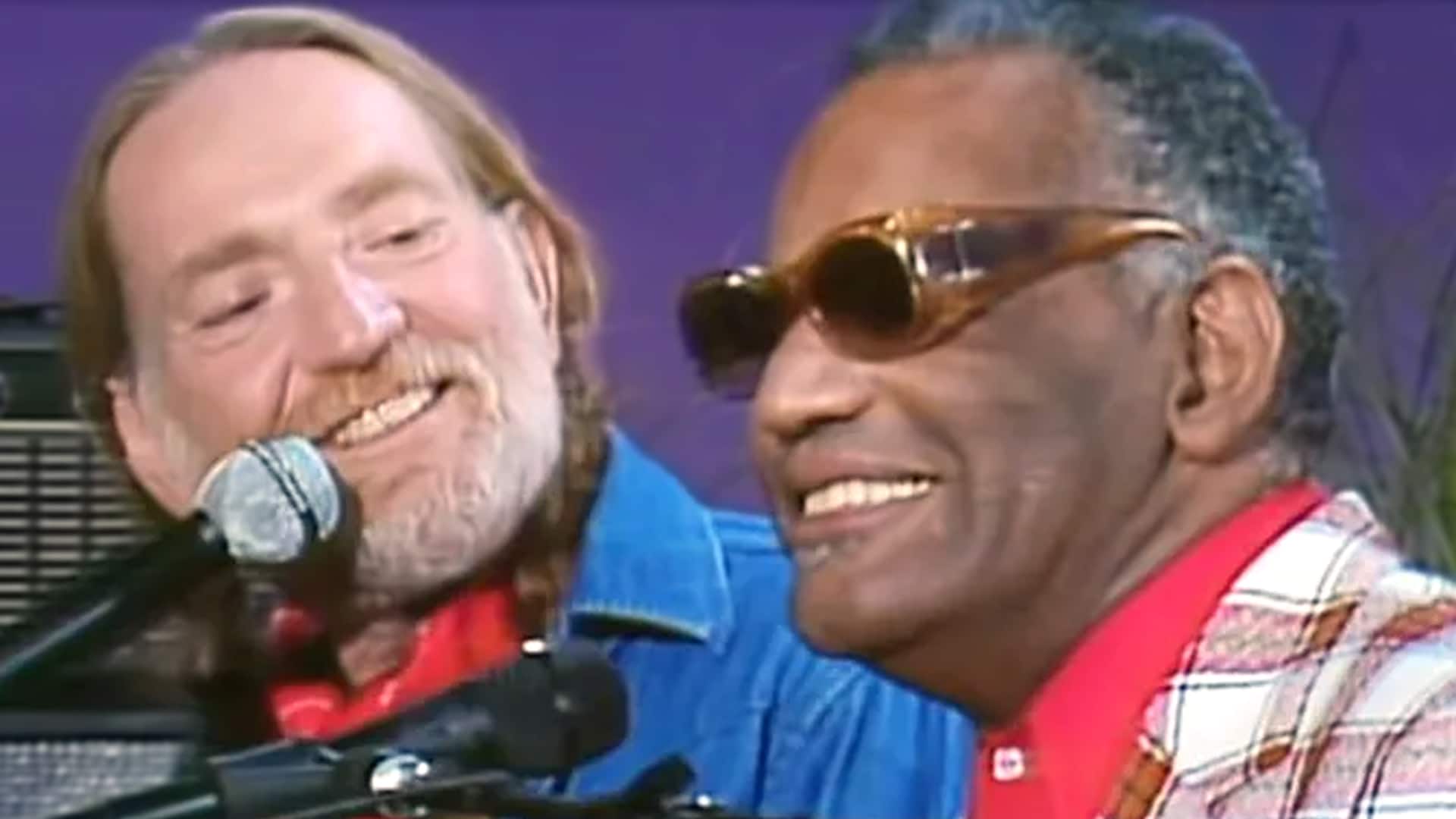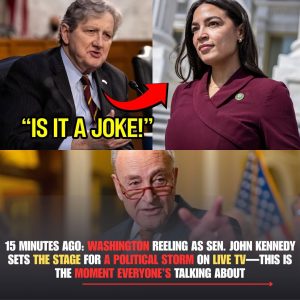It takes a bold statement to rattle the country music world, and Willie Nelson has never been afraid to rattle cages.

The Red-Headed Stranger, a legend in his own right with over 150 albums to his name, once said something that made even the most hardened traditionalists blink twice. He did not point to Johnny Cash or George Jones or even himself when talking about who helped country music the most. Instead, he looked outside the genre entirely and tipped his hat to none other than Ray Charles.
In his 2012 memoir Roll Me Up and Smoke Me When I Die, Willie wrote that Ray Charles did more for country music than anyone else. When he recorded the album Modern Sounds in Country and Western Music, with all the great country classics, millions of Ray Charles fans were introduced to country music. Coming from the guy who practically built the outlaw movement with his bare hands, that line carries serious weight.
:focal(2000x1371:2001x1372)/https://tf-cmsv2-smithsonianmag-media.s3.amazonaws.com/filer_public/e6/82/e682d0b4-3884-4094-a85c-0bf55fe3b8d9/gettyimages-1386217991.jpg)
As first resurfaced in a feature by Whiskey Riff, Charles, known as the Genius of Soul, did not just flirt with country music. He married it, made it his own, and opened the doors for millions of fans who had never heard a steel guitar cry or a fiddle weep. In 1962, when “Modern Sounds in Country and Western Music” hit shelves, it shattered the walls between genres. Charles was not playing country music as a gimmick. He was honoring it, interpreting it, and giving it soul.
That album featured his versions of Hank Williams’ “You Win Again,” Eddy Arnold’s “You Don’t Know Me,” and Don Gibson’s “I Can’t Stop Loving You,” which became a Grammy-winning monster hit. It was not just a crossover moment. It was a cultural breakthrough. And it did not stop there. Ray released a second volume later that year, followed by several more country records in the decades that followed. One of those albums was 1984’s Friendship, which gave him a number one country hit with none other than Willie himself on “Seven Spanish Angels.”
That collaboration was not just a duet. It was a meeting of two giants from different musical worlds who both carried the spirit of country in their bones. And Willie knew it. He did not just admire Ray Charles. He called him a friend, a pioneer, and one of the greatest voices to ever carry a country tune, no matter the label.
Critics might try to box Ray in as a one-album wonder when it comes to country, but that is just flat wrong. The man released seven country albums over three decades. He toured with country artists, played the ACMs, and even signed to Columbia Records as a country artist in the 1980s. From Johnny Cash to George Jones, the biggest names in country welcomed him like family because they knew real when they heard it.
Willie Nelson’s praise was not empty flattery. It was an acknowledgment of the truth. Ray Charles did not just dip a toe into country music. He jumped in, stirred the waters, and reminded the world that country was never meant to be boxed in by genre or race. It was about heart, and nobody sang with more of it than Ray.
So the next time someone tells you country music has a narrow legacy, tell them about Ray Charles. Tell them Willie Nelson said so. And then turn up “Seven Spanish Angels” and let the story sing for itself.





